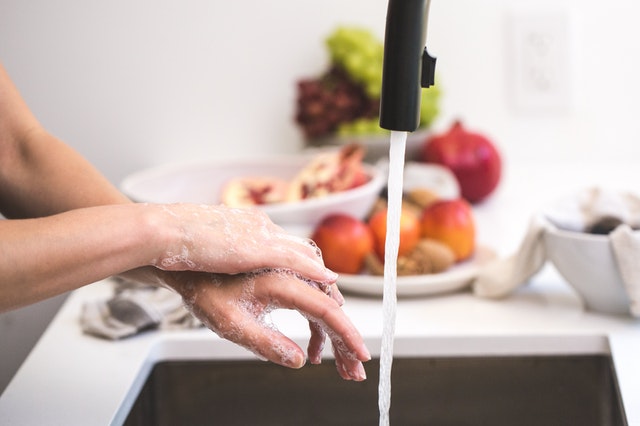How to Treat Eczema
Eczema is a common skin disorder that affects nearly 35 million Americans. It is characterized by inflamed red and patchy dry skin. The patches of red and dry skin are typically accompanied by intense itchiness, and typically develops on the backs of the knees, the insides of elbows, and on the hands.
Atopic dermatitis is the most common form, although there are many different types of eczema. It is a chronic condition which causes more sensitive skin, and is prone to infection especially when scratched.
The appearance of eczema can vary from cases ranging from mild to severe. With the more severe cases, it is best if you visit a specialist like Dr. Hari Reddy at Allergy and Asthma Associates of Allen, but for the more mild cases, here are some gentle mild eczema treatments that can help you live a more comfortable life.

Mild Eczema Treatment
Mild eczema is normally pretty easy to treat and manage on your own. Below are a few easy self-care measures that you can to to stop itching and control your eczema:
Choose Natural Soaps
Soaps that contain artificial fragrances, perfumes, or dyes can commonly contain chemicals that can aggravate symptoms or trigger a bad reaction. This is why it is best to try to avoid them if possible. Also, be sure to completely rinse the soap off when washing.
Take a warm bath
You want to avoid hot baths. This can dry out your skin even more and further worsen the eczema. It is best to draw a lukewarm bath instead. You might even add oatmeal to your bath. It is completely chemical free and is known to sooth irritated skin.
Moisturize Daily
Similar to soap, you want to try to choose a lotion or moisturizer that is natural and chemical free. This will keep you skin soothed and overall, happy.
Avoid Scratching
Scratching is one of the main reasons that the skin can get irritation. Although it is hard to stop scratching, it is a best practice. If this is too difficult, say with kids for example, you might try some eczema sleeves, or a chemical free anti-itch cream.
Choose Appropriate Clothing
Do not choose clothing that is too tight or rough to the touch. Go with a hypoallergenic material or something that is soft on the skin. A good natural laundry detergent will also help.
Learn more Here.
